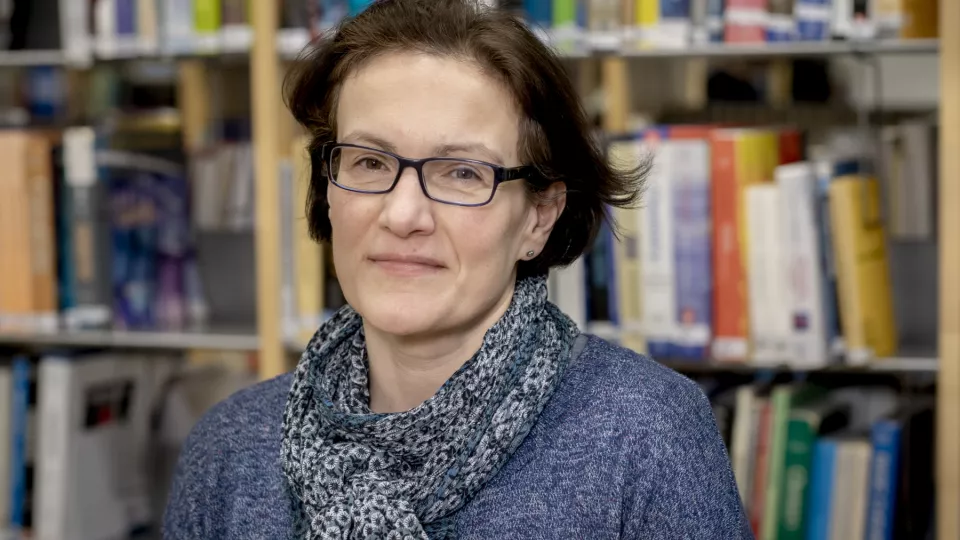What is your research project about?
“The project is a collaboration work with Dr. Jae Yen Shin, a former colleague, and entrepreneur. We will use my lab’s micro- and nanotechnology know-how, and Jae’s biochemistry assay development knowledge, to develop a test for early detection of ovarian cancer.”
What is your goal?
“Our goal is to create the first prototype that is fully functional, and also a spin-out company that continues to develop the product. The product will be highly specific and robust and used for screening for early ovarian cancer. There is currently no predictive device for ovarian cancer on the market. The device will also be used to monitor cancer during treatment. Our hope is to bring a product to market within five years.”
How does the method work?
“The test will allow doctors to identify women at risk of developing ovarian cancer. It will be complementary to existing methods such as biopsies and transvaginal ultrasounds. We anticipate that the newly developed diagnostics platform will be used at point of care and primary care units, and further in the future even home testing.”
What does this ERC grant mean to you?
“The ERC proof of concept is key to converting our idea into an actual prototype and initiating IP protection. It will also help us start a company and bring in more funding to continue developing our product, which will be useful in society.”
The ERC, set up by the European Union in 2007, is the premier European funding organization for excellent frontier research. It funds creative researchers of any nationality and age, to run projects based across Europe. The ERC offers four main grant schemes: Starting Grants, Consolidator Grants, Advanced Grants, and Synergy Grants. It is led by an independent governing body, the Scientific Council.


